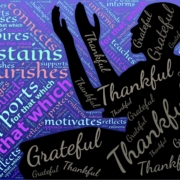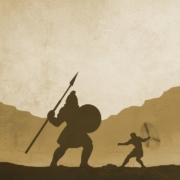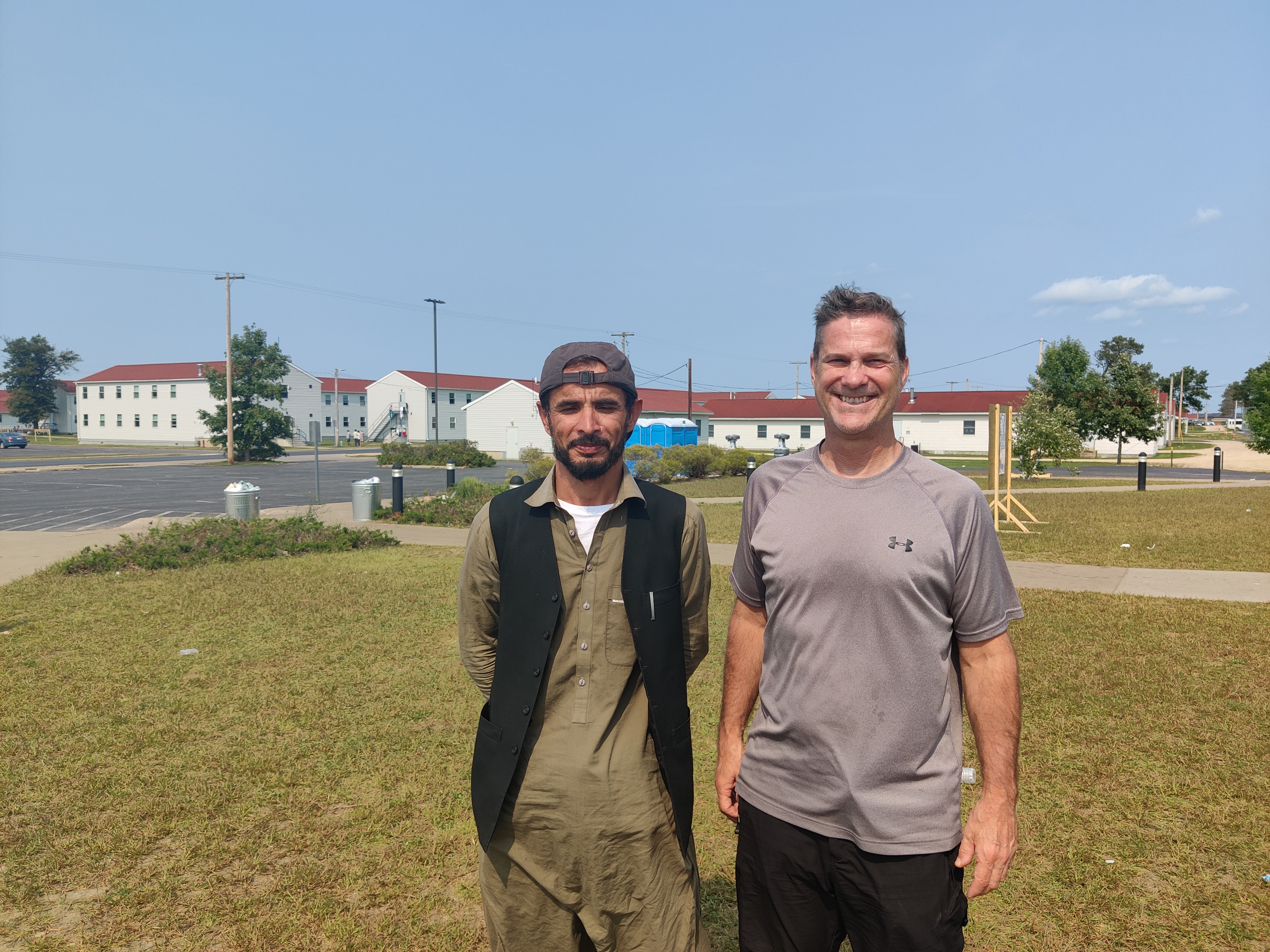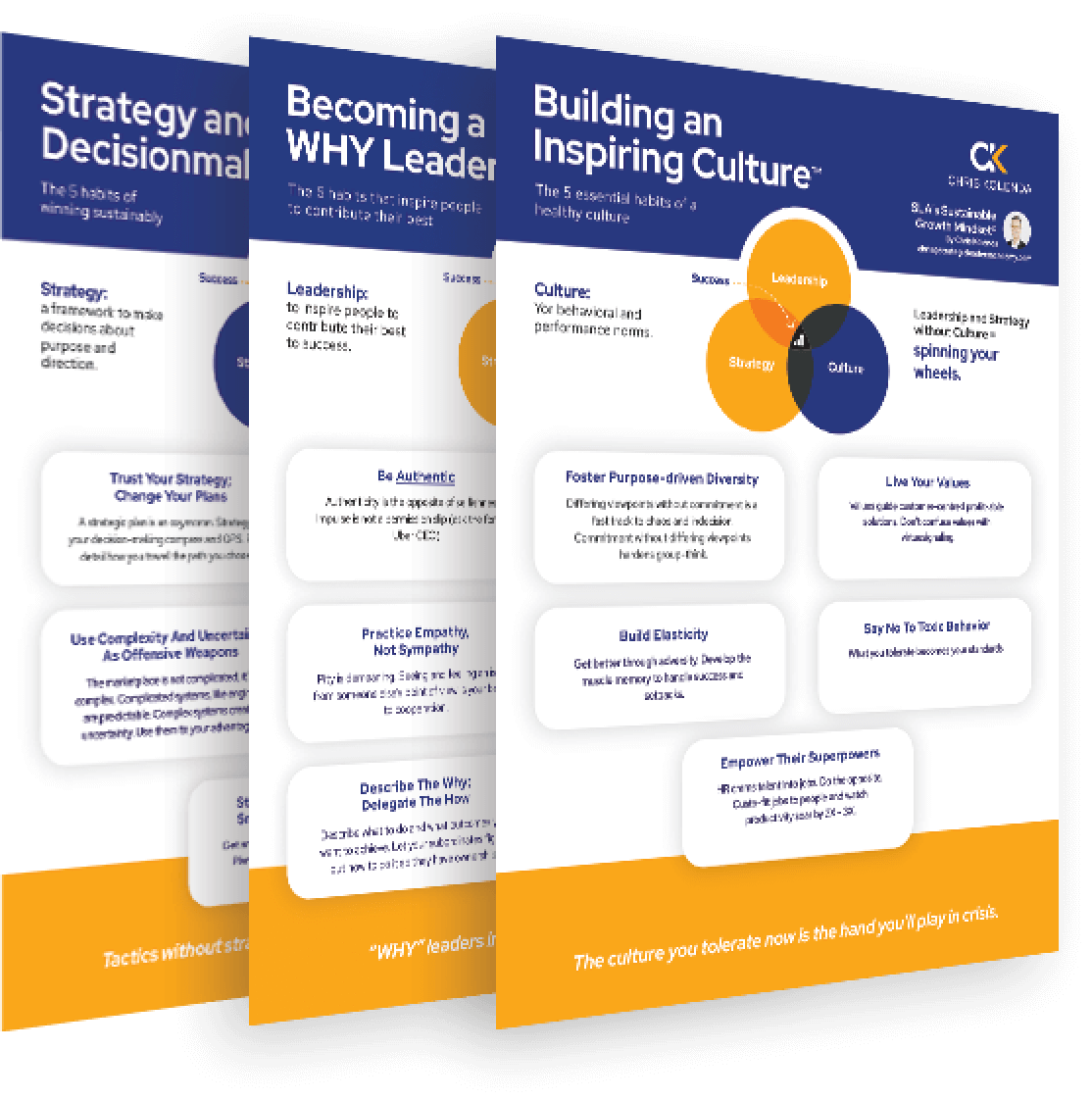Gratitude: a Simple Way to Sustain Balance
How do I intend to spend my time
Leading a balanced life is not a matter of dividing time. It’s being clear on your priorities and ensuring that you meet commitments in the important aspects of your life.
It’s easy to drift. You let your email inbox become your daily to-do list and get sucked into the social media vortex. You meet everyone’s demands, but you feel like the most important aspects of your life are passing by. I’ve been there.
Here’s a way to take back your life.
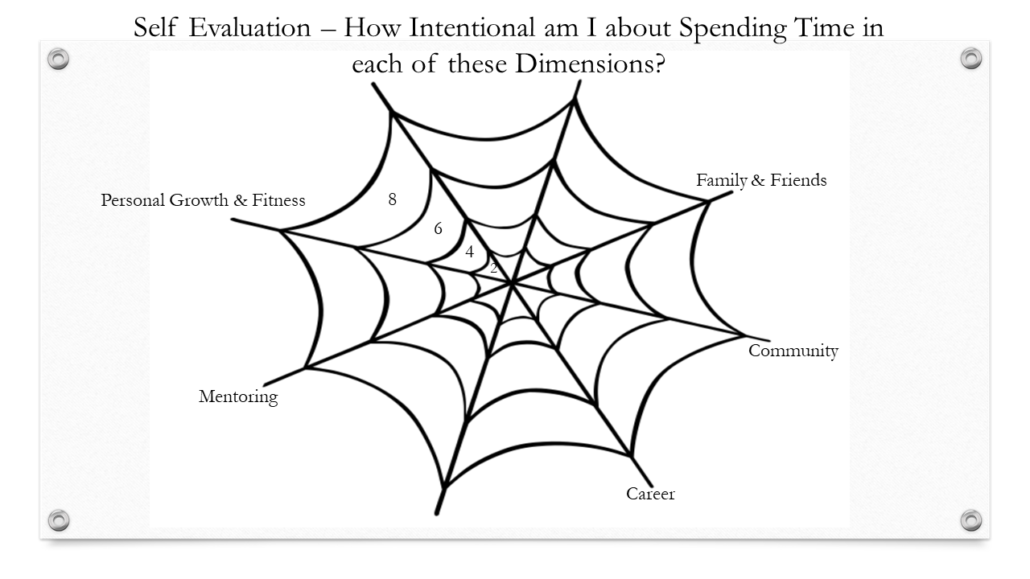
1. Identify the four or five most important aspects of your life. Career, Family & Friends, Health & Fitness, Community, Faith, Mentoring, among others, are common ones.
2. Create a bullseye or spider web chart with a spoke for each aspect. Label the rings 2-4-6-8-10.
3. Assess how well you feel that you are meeting commitments on each one. 0-2 = very poorly; 8-10 = highly satisfied.
4. Connect the dots. How happy are you with the picture?
5. To boost your engagement in a particular area, put time on your calendar for it and do not compromise that commitment.
6. Each morning, write down three things you want to accomplish that day. At the end of the day, write down three things that you achieved.
7. Find a partner or trusted adviser who will help you stay on track and do the right things the right way. Accountability shortens your path to success.
“THE KEY IS NOT TO PRIORITIZE WHAT’S ON YOUR SCHEDULE, BUT TO SCHEDULE YOUR PRIORITIES.” – Stephen Covey,
